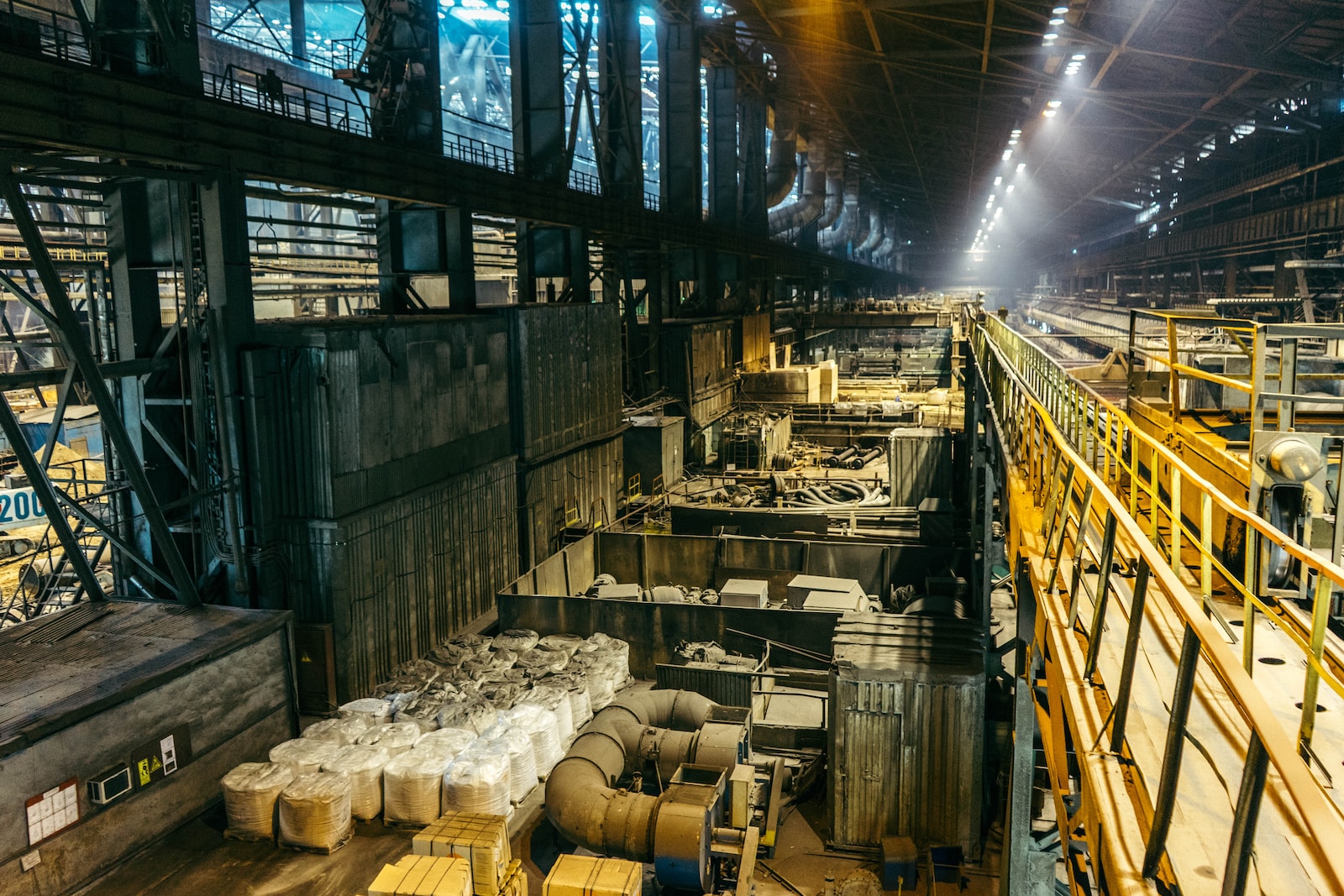At the prestigious Economist Metaverse Summit in Los Angeles, we had the privilege of engaging in a captivating conversation with Ian Fisher, Siemens’ Product Management – Visualization expert, and Mike Geyer, the Head of Industrial Metaverse and Digital Twins at Nvidia. These industry luminaries shared their insights into the potential of the industrial metaverse and its pivotal role in reshaping the future of industrial complexities.
The Industrial Metaverse: A Vital Imperative
Mike Geyer ardently conveyed the indispensability of the Industrial Metaverse, emphasizing that it transcends the realm of choice and ascends to a critical necessity. He declared, “It’s not optional. It’s an imperative as we journey forward. Our belief is that, in the future, the entire spectrum of moving entities will be imbued with AI and robotic capabilities. Consequently, it’s paramount that these dynamic entities are meticulously conceived, simulated, and trained within immersive virtual realms.” Mike’s sentiment underscores the pivotal role that the industrial metaverse plays in shaping industry.
Moreover, the synergy between Siemens and Nvidia, primarily through the dynamic Nvidia Omniverse platform, is dedicated to forging a collaborative ecosystem that capitalizes on Siemens’ profound heritage in shop floor automation, manufacturing automation control systems, and a rich array of software platforms. As Mike Geyer eloquently articulated, “Our collaboration with Siemens empowers us to harness their rich legacy in shop floor automation, manufacturing control systems, and an array of sophisticated software platforms. This, in turn, is seamlessly integrated into Nvidia Omniverse and other foundational technologies, culminating in the establishment of a collaborative and open ecosystem that delivers profound value to our clientele.”

Mike Geyer further elucidated the essence of Nvidia Omniverse as an open-source developer’s platform. It is meticulously crafted to elevate and extend existing software and hardware systems, championing an ethos of openness that amplifies the capabilities of companies like Siemens, enhancing their capacity to cater to the evolving needs of their clients.
Embarking on the Metaverse: Realizing the Vision
Ian Fisher explained the transformative capabilities of the industrial metaverse through a real-world illustration featuring Freyr Battery, a battery company. “A quintessential example would be Freyr, the renowned battery manufacturer. Their foray into the metaverse has enabled them to craft virtual factories and simulations, permitting individuals to wander through these digital realms, scrutinize the intricacies of their operations, access data streams, assimilate IoT insights, and derive responsive feedback from their virtual factories. This avant-garde approach enables them to architect their operations long before the physical infrastructure is realized—a truly groundbreaking leap.”
When probed about whether the industrial metaverse could be the catalyst for the next industrial revolution, Mike and Ian provided a nuanced perspective. While the notion of industrial revolutions is frequently discussed, the present industrial landscape, in his view, more closely resembles a state of “industry 1.5.” “This forthcoming revolution,” Ian asserted, “transcends conventional cycles. The wealth of information provided by digital twins is a game-changer. However, realizing its full potential necessitates an innovative approach to information utilization. The industrial metaverse propels us into a realm where data is presented in a context that empowers individuals to harness its intrinsic value.”
Challenges on the Path to Digitization
The conversation veered towards the challenges of introducing digitization to factory owners and enterprises. Mike and Ian both stressed the significance of their robust vision and the imperative of accommodating the surging demand while collaborating closely with their clients. Simultaneously, they acknowledge the diverse paces at which businesses absorb information, navigating a fine balance between the velocity of innovation and organizational adaptability.
In his reflections on the term “Industrial Metaverse,” Mike Geyer commended its aptness, acknowledging that it accurately encapsulates the creation of expansive virtual realms for meticulous process optimization and simulation, long before the physical infrastructure takes form. “The term,” he reflected, “resonates perfectly with the essence it conveys. Constructing vast virtual worlds for process optimization and simulation, months ahead of their physical manifestation—it’s a concept with intricate layers waiting to be unveiled. This term encapsulates a grand vision that is bound to endure.”
In conclusion, the Industrial Metaverse stands poised to redefine the industrial landscape, elevating digitization and immersive virtual training to the forefront of industrial evolution. Siemens and Nvidia are pioneering this transformative journey, collaboratively building a more efficient, innovative, and sustainable industrial complex that promises to shape the future of industries.
If you found this article to be informative, you can explore more current Digital Twin news here exclusives, interviews, and podcasts.













